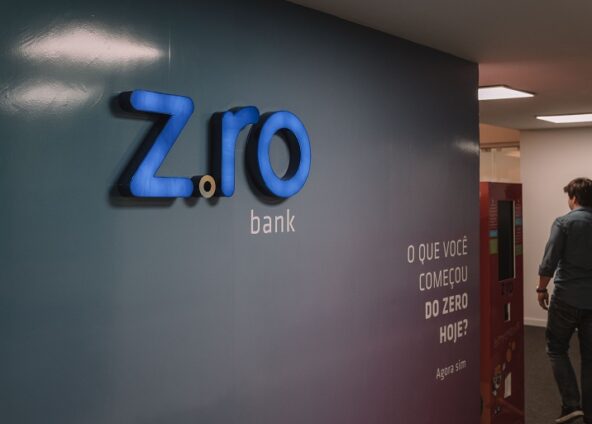Created in 2016 with the mission of taking testing technologies developed in universities to the market, Safetest took advantage of its expertise on the subject and will launch, in the coming days, a test specially formulated to detect the new coronavirus.
The startup from Minas Gerais, which is in the process of being approved, together with the Ministry of Agriculture, Livestock and Supply (Map), a test for the Canine Leishmaniasis – a disease that can be transmitted from animals to humans and vice versa –, created in partnership with UFMG, took advantage of the know-how and adapted its biotechnology infrastructure to, in two months, create a testing version capable of meeting the recent needs created by the coronavirus pandemic. Covid-19 with lower deadlines and costs.
“Thanks to this first development, we understand that the method we created can be used for any infectious disease”, he explains. Felipe Peixoto, co-founder and CEO of the startup. According to him, the test was not ready sooner due to a lack of positive blood samples. In other words, the company had to wait for the disease to reach here before starting work.
With national 100% technology, the Safetest Covid-19 is a rapid serological test for detecting IgG and IgM antibodies against Sars-CoV-2, similar to the glucose measurement test, carried out with a drop of blood. Peixoto explains that the main difference in comparison with market alternatives is the use of protein-based synthetic viral particles, that is, created in the laboratory, as opposed to antigens used in traditional processes – and imported from China, South Korea and from Spain, as there are no similar national ones.
Despite facilitating development, from a logistical point of view, and making the process cheaper, the executive says that the choice for technology was much more influenced by the quality factor, evaluated based on two main indicators – sensitivity It is specificity. “We are finishing clinical validation with 400 samples, but preliminary results indicated 100% sensitivity and 99.5% specificity. Tests approved by FDA [North American entity corresponding to Anvisa], from all parts of the world, have very similar rates”, says Peixoto. And the higher these indicators, the lower the possibility of giving a false positive or false negative.
According to the executive, the test can be a powerful ally in the reopening processes, in order to conduct them in a safer way. This is because it identifies the phases of contamination. If the Covid-19 Safetest shows the presence of IgM and not IgG, the suggested diagnosis is that the patient was recently infected with the Sars-Cov-2 coronavirus (acute phase of infection) and, possibly, the virus may be circulating in the patient. . If the test shows positive IgG and negative IgM, it indicates that the person has already had contact with the virus at some point and the acute phase of the infection has passed, with the patient being in the chronic phase or already cured. A positive IgM and IgG result indicates that the infected person is in the transitory phase of the infection, between the acute phase and the chronic phase. The production of IgG antibodies can prevent reinfection. In this case, if exposed to the same microorganism, the body may respond more intensely and quickly.
Follow all the latest news from Forbes Insider on Telegram
The executive explains that another benefit of the test created in the capital of Minas Gerais is the fact that it is universal, which means that it is capable of detecting any previously identified variation of the virus, anywhere in the world. “More than 3,000 genomes were analyzed,” he says.
The company's commercial strategy includes two versions of the test: the Elisa, which makes it possible to test 96 samples simultaneously, for laboratories, and on a strip, similar to pregnancy, for the end consumer. Peixoto says that the composition of the cost is being finalized, but that the estimate is that it will not exceed R$ 50. “As people are still not allowed to take their own blood for testing, they will have to do it at the pharmacy. The result comes out within 15 minutes.”


